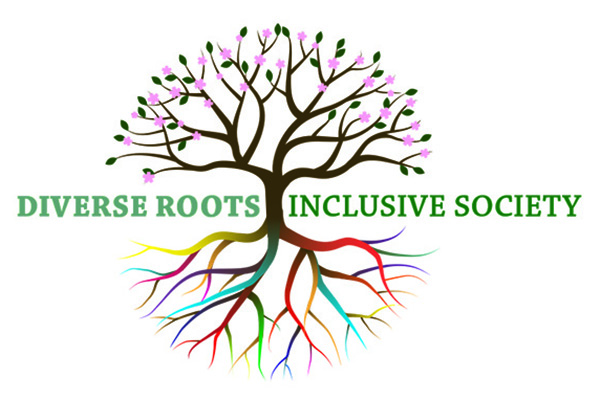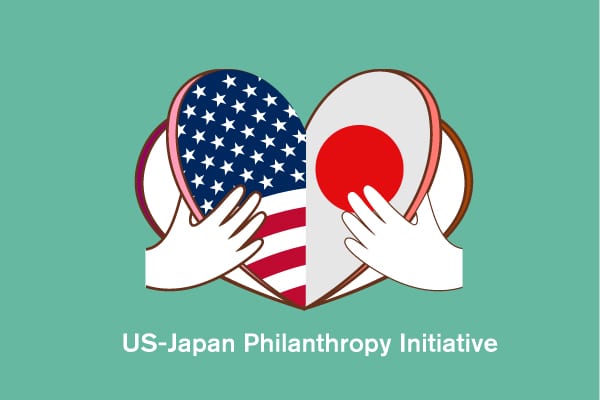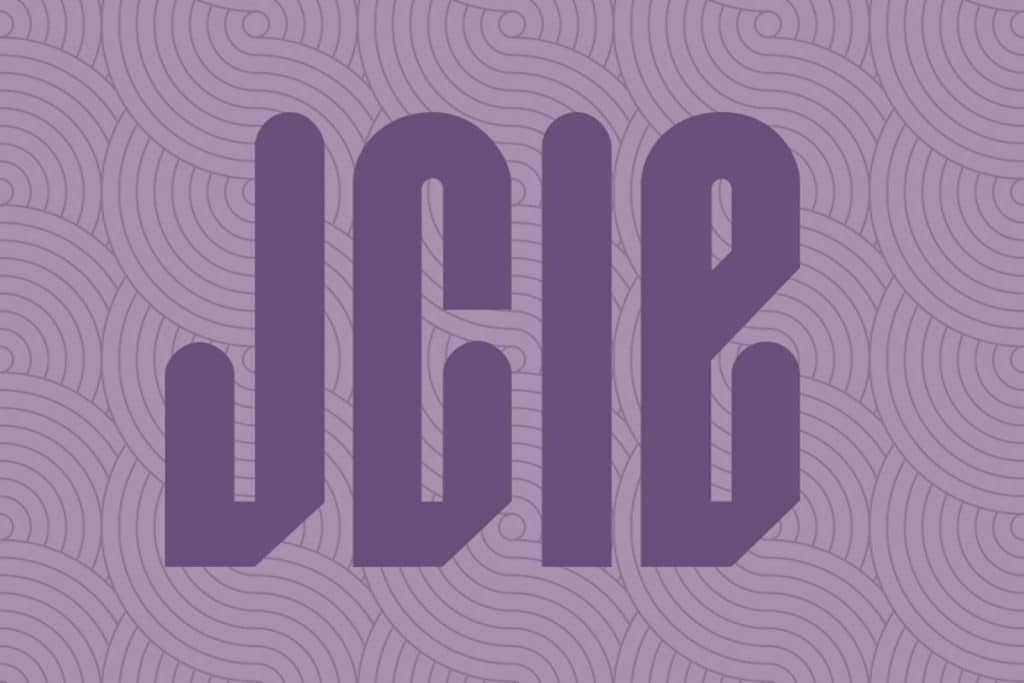Facilitating Philanthropy
» Programs
1979–Present
Select Past Initiatives
From 2007 to 2010, JCIE served in an advisory capacity for Ajinomoto and ran the application process for this program, which sought to improve the quality of life of people through nutrition and health.
In 1979, JCIE founded the Asian Community Trust, Japan’s first charitable trust based on general fundraising, which was modeled on community foundations in the United States. It provides support for grassroots, self-help efforts of nongovernmental organizations involved in sustainable social and economic development across Asia. JCIE operated the trust through 2001, when its operations were spun off. ACT is currently operated by the Asian Community Center 21.
Established in response to the 3/11 disaster with nearly US$2 million from Bain Capital, its employees, and others, this fund has supported the establishment of a transportation system for relief supplies and volunteers in hard-to-access areas; a scholarship fund to allow students from affected families to attend technical colleges; and the purchase of water purification equipment and research on radiation exposure’s health impact by Fukushima Medical University.
The BTMU Foundation, supported by the Bank of Tokyo-Mitsubishi UFJ, Ltd. (BTMU), provided a special contribution to JCIE’s Japan NGO Earthquake Relief & Recovery Fund in December 2011 that was designated to help rebuild community ties in areas affected by the Great East Japan Earthquake. The donation came from bank staff, customers, vendors, retirees, and people associated with BTMU in North and South America, and it was augmented with matching funds from the bank. The “BTMU Americas Community Recovery Award” helps strengthen community-based organizations, preserve local heritage, and reconstitute the formal and informal networks that make communities function. Among the grantees are such initiatives as a local radio station, a community foundation, and a project to support artisanal oyster farming.
In 2001 and 2002, JCIE served as the Japan secretariat for Goldman Sachs’ annual international competition that rewards the academic achievement and leadership potential of leading university students.
Within hours of the March 2011 earthquake, JCIE launched what would become a wide range of initiatives to bridge the responses of overseas and Japanese groups, providing funding, helping coordinate efforts, and sharing information on the disaster response. JCIE raised more than $1.7 million in donations from the general public in the United States, Japan, and elsewhere, which was used to support 41 Japanese nonprofit organizations involved in the Tohoku recovery. The fund included two special initiatives, the BTMU Americas Community Recovery Award and the MetLife Alico Employees’ Children Support Program.
JCIE/USA has partnered with the Japanese Women’s Leadership Initiative and the Fish Family Foundation to facilitate small grants to nonprofit organizations in Japan to help them respond to the needs arising from the COVID-19 pandemic. These organizations work with vulnerable groups such as refugees, single mothers, and at-risk youth, who have all been disproportionately affected by the COVID-19 pandemic.
LEARN MORE
In 1997, JCIE joined forces with Levi Strauss & Co. to create one of Japan’s first donor advised funds. Under this arrangement, the Levi Strauss Foundation provided a grant to JCIE, which in turn served as an intermediary organization, redistributing the funds to NGOs in Japan according to guidelines set by the Levi Strauss Foundation. The fund provided a unique opportunity for the nonprofit sector in Japan. It supported institution-building for newly created organizations, permitted flexibility in managing and financing groups’ activities by providing funds at the start of the project, and enabled responses to emerging issues in the community. From 1997 to 2004, more than $1.1 million in grants was given to 133 Japanese NGOs working in the fields of HIV/AIDS and social justice.
In 2001 and 2002, JCIE was the local competition manager in Japan for Lucent’s annual competition to reward successful students and encourage the world’s youth to pursue careers in information and communications technology.
In 2002, Microsoft Japan launched a grantmaking program for Japanese NPOs called the Microsoft Japan NPO Support Program, that empowered NPOs in Japan through the use of IT. Each year, approximately $180,000 (¥20,000,000) in grants was distributed to Japanese NPOs, together with software and other technical advice as necessary. JCIE began operating this program for Microsoft Japan in 2006, managing the planning, operations, selection process, and evaluation of the program. In 2009, this program was renamed the Microsoft Japan NPO Cooperation Program, reflecting the desire to transform the relationship between the corporate sector and NPOs into a more collaborative partnership. The new program focused on how the two parties could leverage their respective expertise to create a win-win relationship. JCIE oversaw the program until 2010, when Microsoft Japan felt ready to manage the program in-house.
From 2004 to 2008, JCIE managed the planning, operations, and selection process for Nipponkoa Life Insurance’s Grant Club, which promotes and matches employee giving. Approximately US$27,000 in grants was awarded annually to exemplary Japanese nonprofit organizations involved in international exchange, education, and women’s issues.
From 2005 to 2008, JCIE served as financial intermediary for Standard Chartered Bank’s Japan program to raise funds for international organizations working to allieviate visual impairment in developing countries.
JCIE and The Tiffany & Co. Foundation established the Tiffany Foundation Award for the Preservation of Japanese Traditional Arts and Culture in Contemporary Society in order to recognize organizations that have made notable contributions to the promotion of Japanese traditional culture and to the revitalization of local communities. Two awards were given each year from 2008 to 2013 to a total of 12 innovative organizations. The award honored organizations in two separate categories: one was given to an organization that is nationally recognized and is expected to introduce a revolutionary or innovative element to their field, and the other was presented to another that is recognized at the community level as having great potential or that has produced exemplary results through efforts in its region. The recipients each received a ¥2 million award and a custom-designed trophy by Tiffany & Co.
These conferences bring together high school students and teachers from Japan, Poland, Thailand, and the United States to encourage the students to deepen their awareness of environmental issues and to take the lead in their communities in working toward a better future. JCIE facilitated the development of the program and helped carry out the program in its initial years.
From 2012 to 2018, JCIE helped United Way Worldwide (UWW) and the Central Community Chest of Japan to manage a seven-year, $2.7 million grant program in Japan’s disaster zone on behalf of Polo Ralph Lauren, focused on “Mobilizing the Voluntary Sector to Support the Psychological Wellbeing of Survivors of the Great East Japan Earthquake.” The program supported comprehensive approaches by a coalition of nonprofit organizations that were working together to alleviate the psychological burden of adults and children in areas affected by the disaster and empower them to play a more active role in rebuilding their own communities. The program targeted Iwate Prefecture, one of the hardest-hit areas in the disaster zone.
The Social Entrepreneur Enhanced Development Capital Program (SEEDCap Japan), a funding initiative that was launched in 2004 and continued through 2011, serves as a new model for nonprofit financing in Japan. Voyager Management, a socially conscious American “fund of funds” investment company that aggregates and invests funds for small and mid-sized hedge funds, contributes 10 percent of the incentive fees from its transactions on behalf of several Japanese corporations to JCIE. This contribution is then re-granted by JCIE to exemplary Japanese nonprofit organizations that are pioneering innovative new approaches to pressing social issues. This innovative arrangement was conceived by the investment advisory firm Shibusawa & Company. SEEDCap has attracted media attention for the innovative way in which it mobilizes support for the civil society sector in Japan, where funding can be especially difficult to obtain. It also provided multiyear funding, which is not common in the Japanese context.



